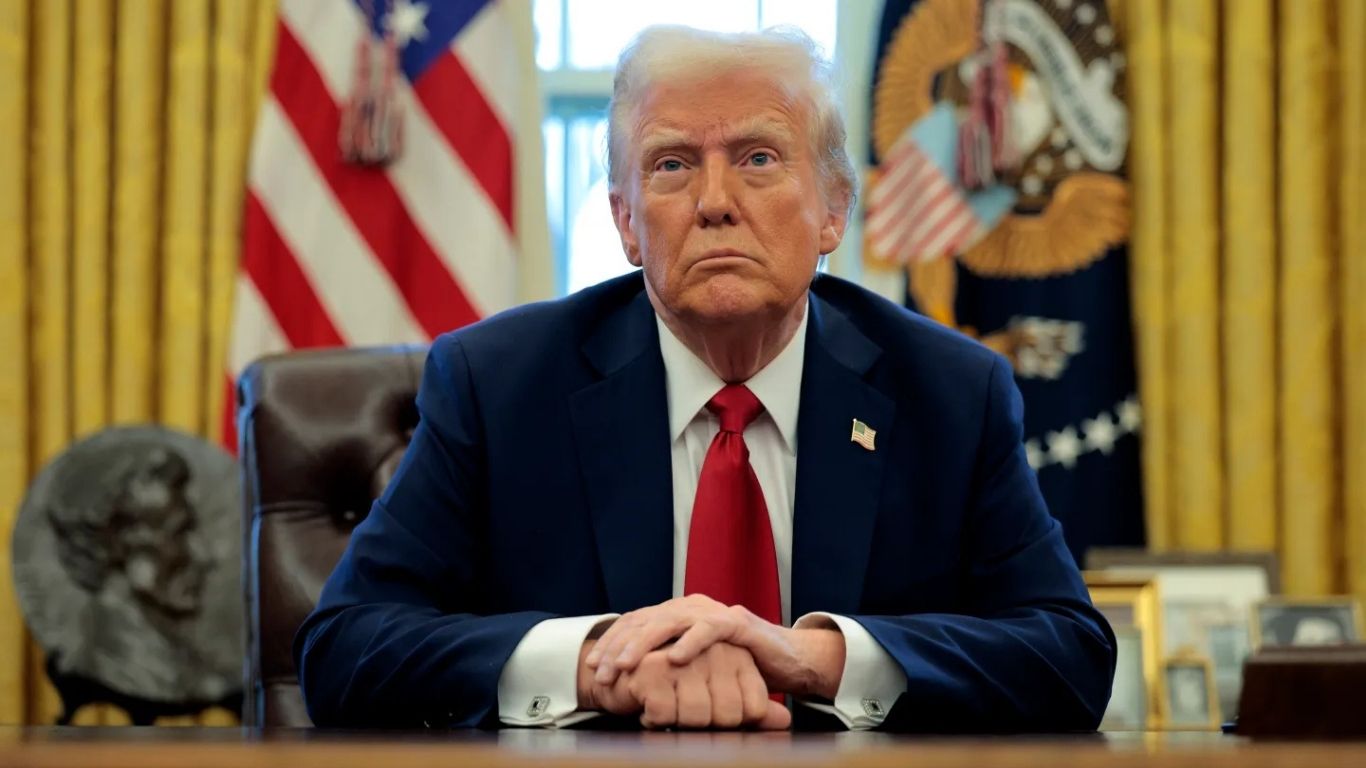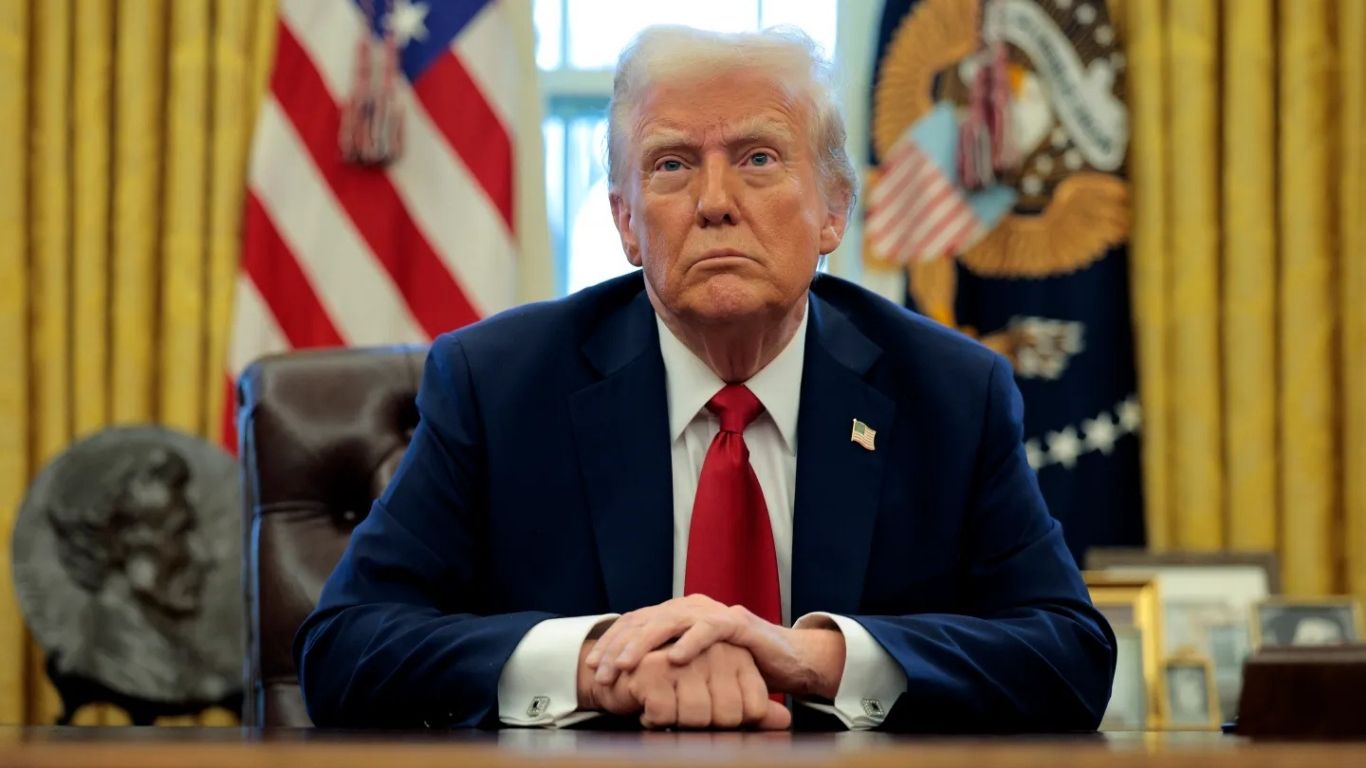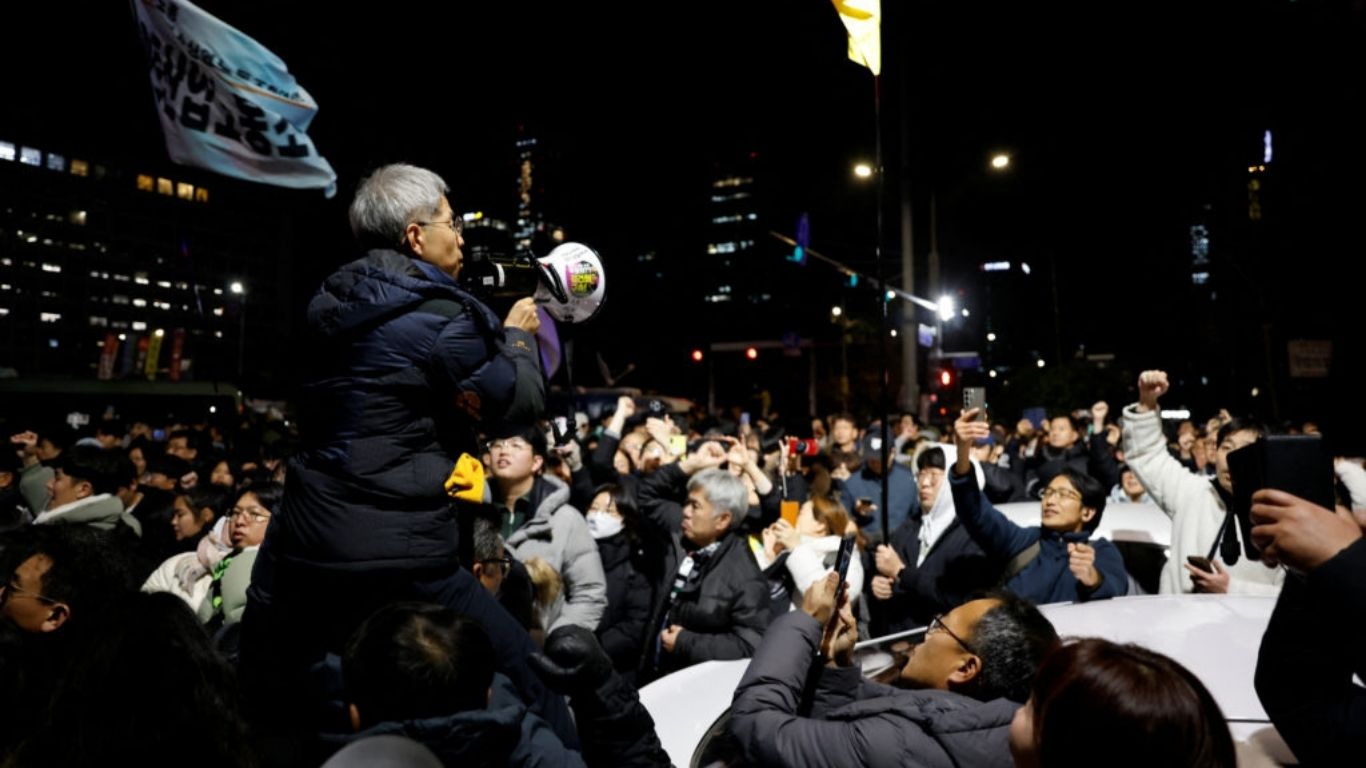The re-emergence of ‘Hindutva’, or Hindu nationalism, under the returned Prime Minister Narendra Modi of India, has elicited controversy all over the world. In the last decade, the Hindutva has moved up in the social political ladder but has raised questions among the Indian populace especially the minorities.
What Is Hindutva?
The idea of Hindutva was first ever articulated in 1892 by Bengali scholar Chandranath Basu while explaining it as Hindu or Hindu-ness. However, it gained its current political connotation through Indian activist Vinayak Damodar Savarkar’s 1923 essay, Hindutva: Who is a Hindu?
Even though claiming himself as atheist, Savarkar propounded that the Hindutva was not a matter of religion but a politics and culture. He made them determined that for Hindus, India was a “fatherland and ‘Holy land’ while for others, India was just a ‘fatherland.’ As Savarkar wrote:
“Their holy land is in Arabia or Palestine… their mythology and god-men, ideas and heroes are not home grown. Therefore, their name and their outlook are too greasy to be indigenous; they must be aliens.
Hindutva being a political doctrine, influenced the Hindu nationalist movement including, the RSS and BJP and the current ruling party India.
The Role of the RSS
The RSS was started in 1925 by Dr.K.B.Hedgewar, as a resistance against the British and Hindu-Muslim riots. It was intended for promoting the ethical, political and religious Hindu community under the Hindutva umbrella.
The RSS has since blossomed into the largest volunteer organization in the world with about six million members. The primary objective still is the propagation of Hindutva ideology and, being involved in politics directly, has a considerable impact on India’s politics primarily through the BJP regarded as its political arm.
Hindutva and Fascism: The Controversial Link
This positioned this organization, RSS, as subscribing to fascism comparable to that of European type especially after Hedgewar’s death in 1940 when the leadership of the organization was assumed by Madhav Sadashivrao Golwalkar. The Nazi theory is seen to mirror in parts of two books written by Golwalkar – We, or Our Nationhood Defined published in 1939. He controversially praised Nazi Germany’s “purging” of Jews, stating:
“In order to maintain the purity of its race and its culture Germany was indeed guilty of this Policy: This country expelled the Semitic races the Jews from her boundary.”
Although the RSS denied the sentiments of Golwalkar and claimed to be a peaceful and liberal organisation, its ideas seem to attract attention. Some years ago, many neo-Nazis in Europe and even the gunman responsible for Norway’s Utøya mass murder, Anders Breivik, praised the RSS and the BJP as organizations fighting against ‘democratic set ups’.
RSS’s Political Influence
The political influence of RSS simply peaked after the demolition of Babri mosque by the Hindu mob in 1992, which triggered riots round the country that claimed more than 2000 lives, most of them were Muslims. It helped the growth of both political organisations, and in the following elections, the BJP achieved victories for the majority. The Hindutva ideologies led also to the increased government policies under the leadership of the Modi Government.
Modi and the Rise of Hindutva
Prime Minister of India Narendra Modi is a lifelong RSS member, having held his position since 2014. During his rule of India, Hindutva has emerged as an even more prominent factor in politics as well as in the Indian education system. In the past three years under the Modi government, the BJP has also tried to ‘de-sanskritise’ India, removing any Muslim influence from Indian history by changing text books to teach more about Hindu values than Mughul.
The main blight of Modi’s political career was the 2002 Gujarat riots during which he was accused of not doing enough to prevent violence against Muslims. Nonetheless, he has strengthened his place in the RSS and has brought policies with its received ideas such as CAA and stripping of Article 370 in Kashmir.
Global Influence of Hindutva
It has reached far and wide after being effectively established in India. It has branches in more than 80,000 across the world, which are called the Hindu Swayamsevak Sangh(HSS) working in countries like USA, UK, Australia and many more. What is more important, they not only perform social activities but also rally political support for Modi and BJP: these chapters staged the large-scale “Howdy Modi” event in 2019 with the participation of Donald Trump.
In addition, the political wing of the RSS operating in foreign political platforms as when it opposes any move to highlight the political issues of Kashmir or support any move towards freedom. Hindutva has expanded through global networks, activities by British right-wing Hindu nationalist groups against Muslims and political opponents raise alarm.
Conclusion: The Growing Peculiarity of Hindutva
Hindutva as a political and cultural force and philosophy has gained strength under Narendra Modi regime more than ever which had immediate bearing on Indian minorities. Although many Hindus support this important segment of legalization, they raise concern about religious extremism and disregarding the rights of other religious groups. Given the impact that Hindutva has already had in the formation and mainstreaming of India’s political life and identity, the future direction that this discourse will take within India and abroad is highly significant in understanding democracy, pluralism and social relations in the twenty-first century.




